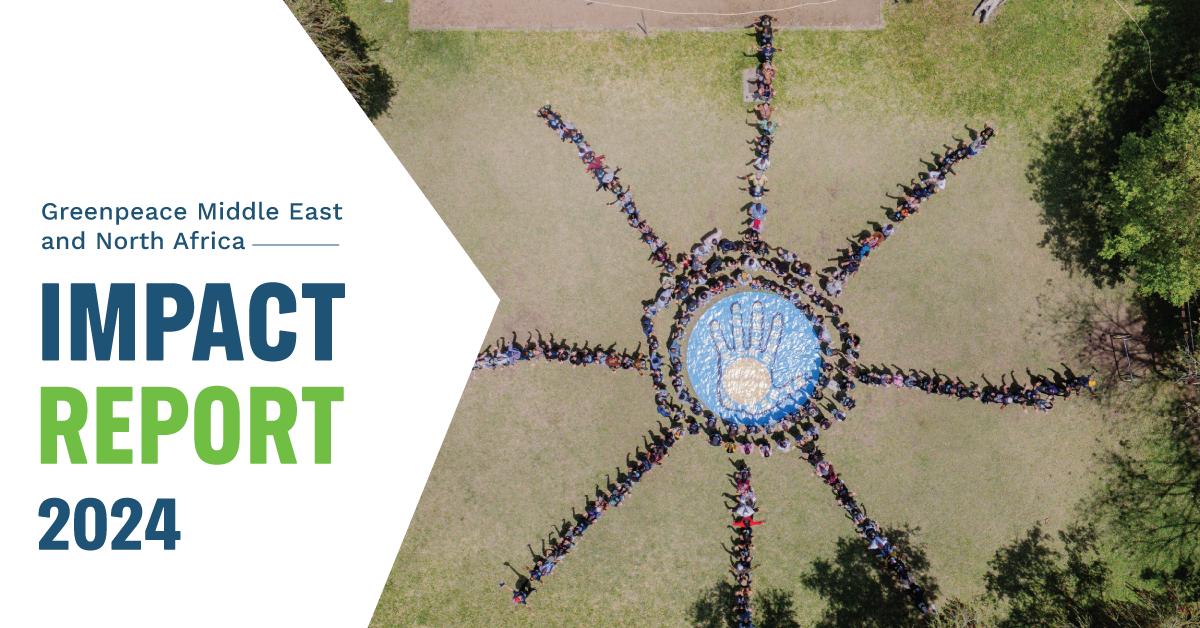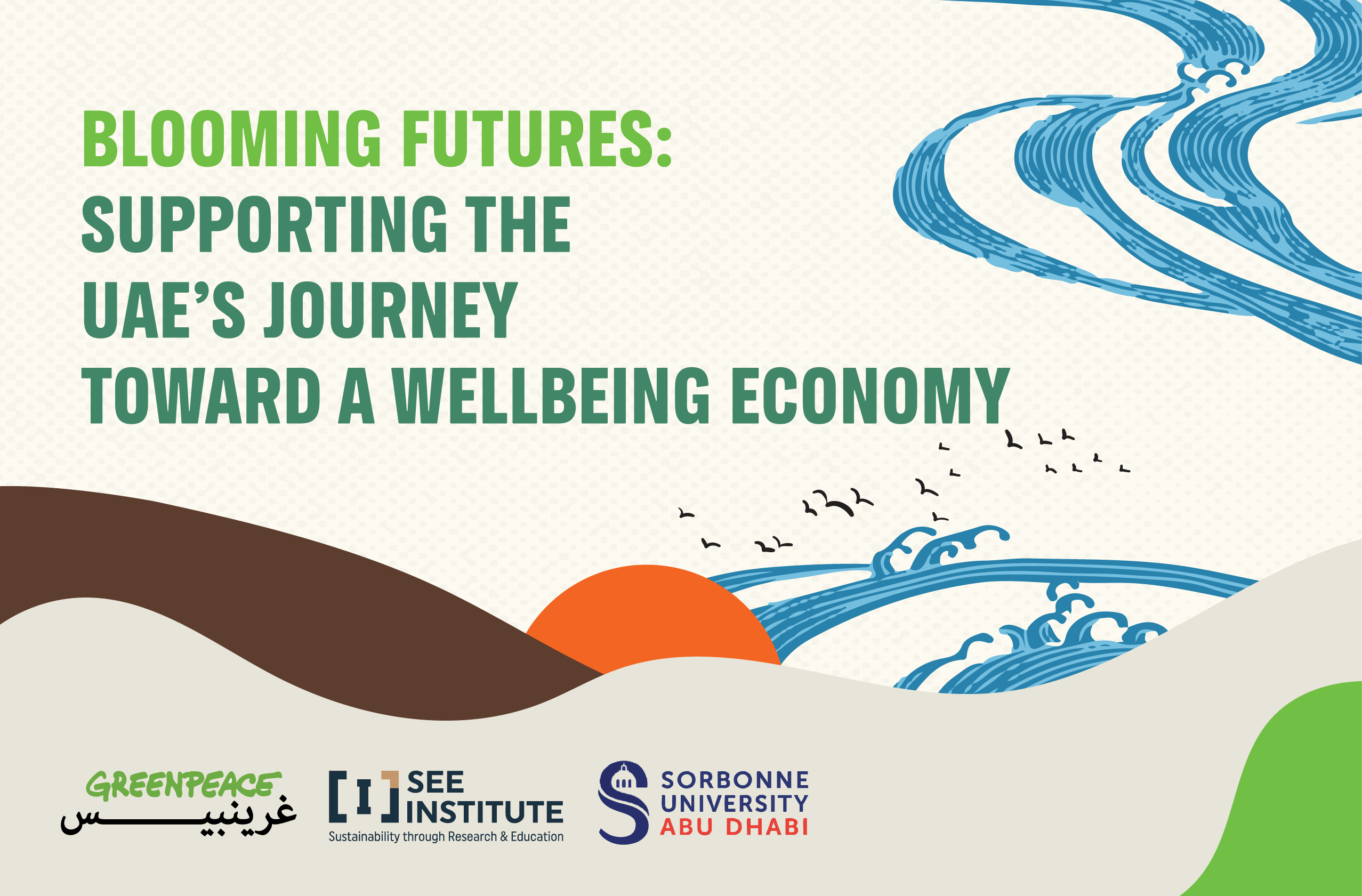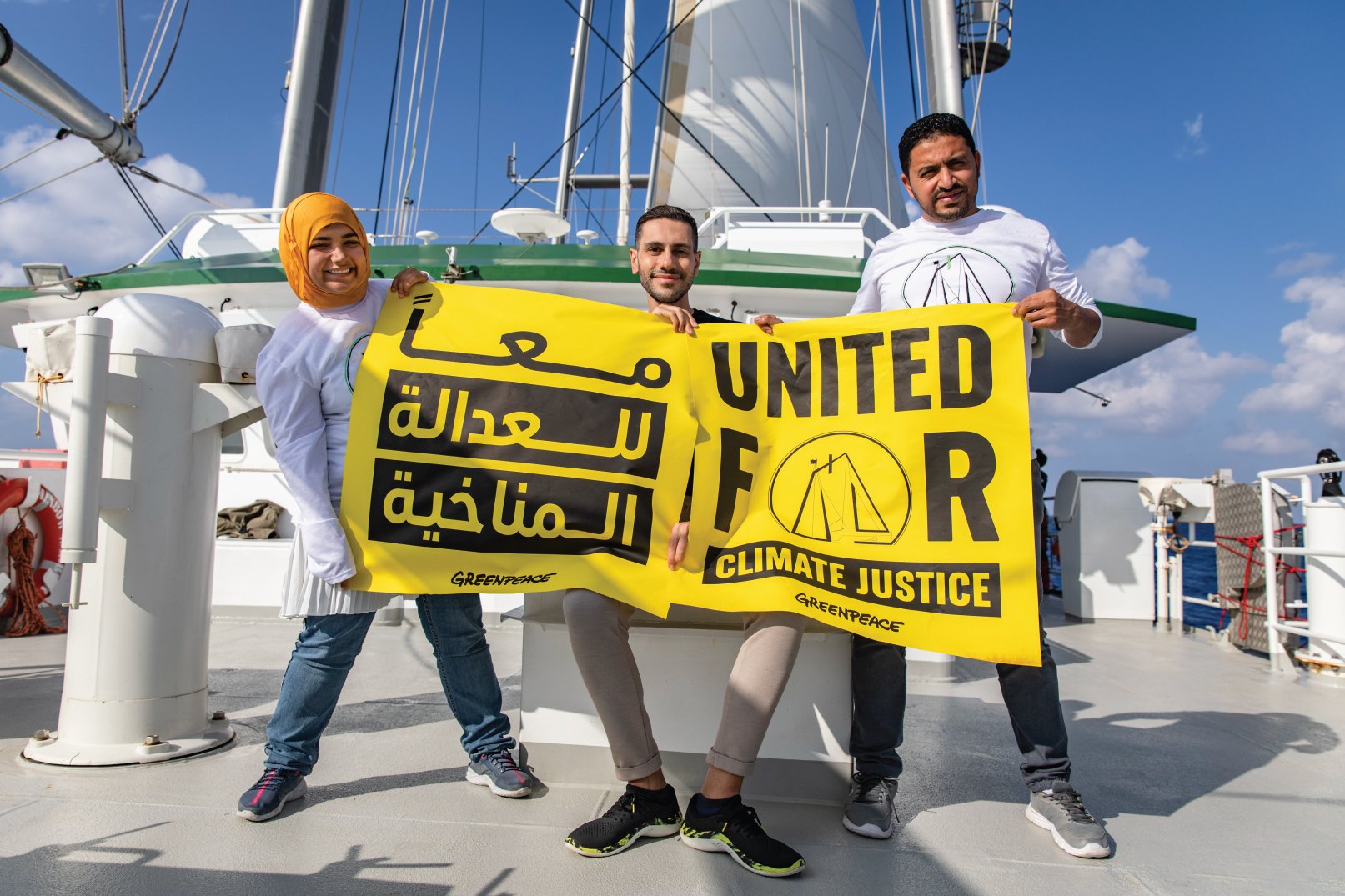Individuals have worked hard to become the fundamental pillar of the system of laws and regulations within their communities. But their greed set an environmental tax and a tax on the interior in increasing class discrimination. With regard to the economy and climate change, Egypt has seen a significant expansion in energy-consuming industries, which account for one-third of total output. The state of Kuwait’s fisheries industry is very rich but it is also a key pillar in oil production and petrochemical industries. This makes the impact of environmental pollution in this area at the heart of ecosystem identification. This equation makes the issue of social justice and the issue of environmental justice and its societal reflection in Kuwait an important matter of debate
Related Posts
-

GP MENA Annual Report 2024
Guided by our vision to safeguard the diversity and richness of our region’s natural treasures, 2024 was a year of renewed determination and tangible impact for Greenpeace Middle East and…
-

Blooming Futures Report: Supporting the UAE’s Journey Toward a Wellbeing Economy
The report, titled “Beyond Extractivism: Towards a Feminist and Just Economic Transition in Morocco and Egypt”, challenges the widely held belief that European investments create mutual benefits. Instead, it reveals how these investments in oil, gas, renewable energy, green hydrogen, and agriculture in Morocco and Egypt often perpetuate unfair resource exploitation, with wealth and benefits…
-

World’s highest court delivers historic protections for climate-impacted communities
World’s highest court delivers historic protections for climate-impacted communities
